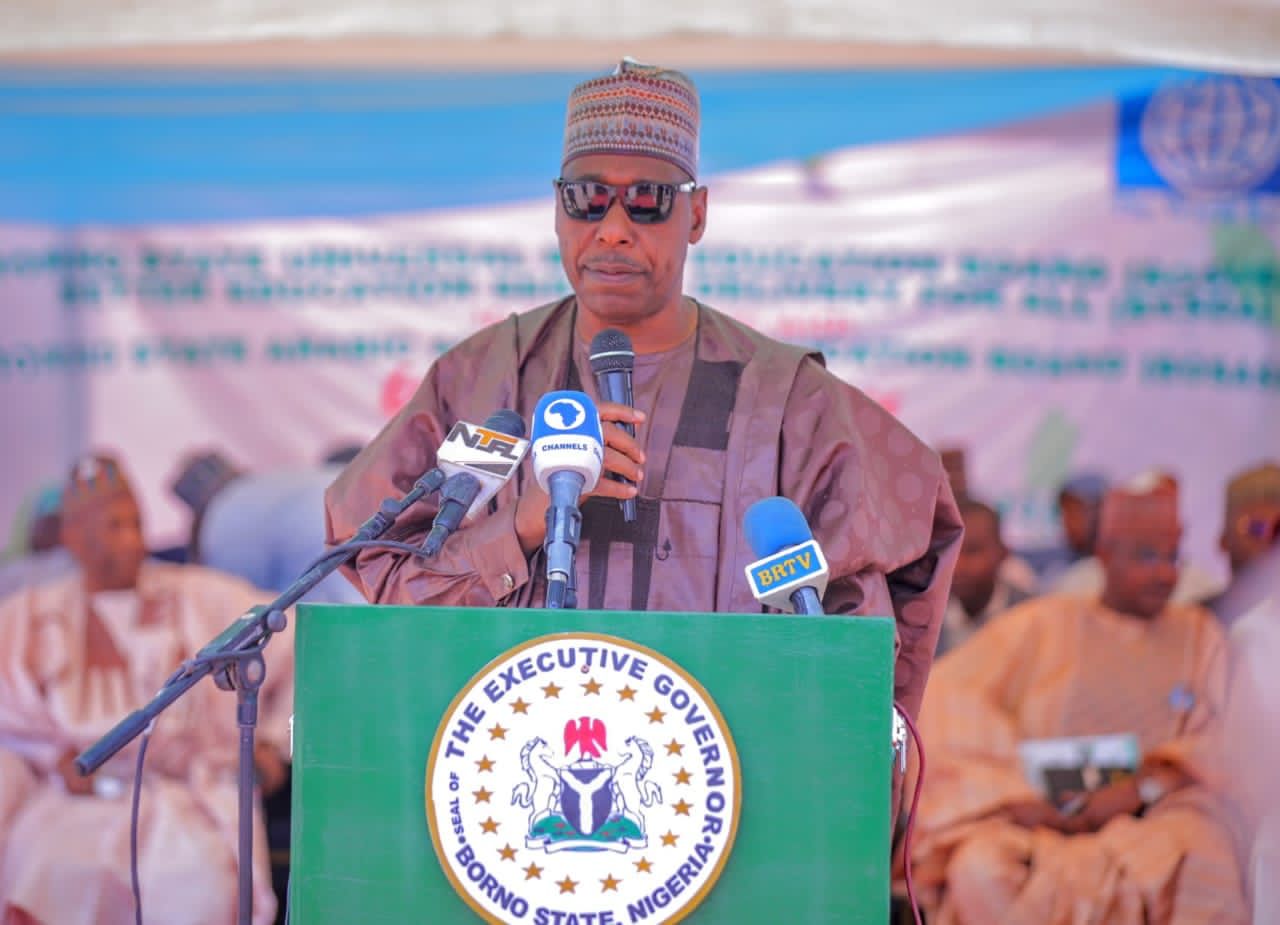Insurgency: Zulum bans metal scavenging in Borno
Borno State governor, Babagana Umara Zulum, has imposed an indefinite ban on metal scavenging activities across the entire 27 local government areas of the state. The governor’s ban aims to forestall continued killings of scavengers by Boko Haram insurgents at the outskirts of some local government areas and to stop theft of public and private […]

Governor Babagana Zulum of Borno State
Borno State governor, Babagana Umara Zulum, has imposed an indefinite ban on metal scavenging activities across the entire 27 local government areas of the state.
The governor’s ban aims to forestall continued killings of scavengers by Boko Haram insurgents at the outskirts of some local government areas and to stop theft of public and private property.
Announcing the ban on Monday in Maiduguri, Governor Zulum said: “Within the last five years, many people were killed as a result of metal scavenging. That has informed the government of Borno State to investigate such nefarious activities,” Zulum said.
He added, “You have seen this place, all these are government properties and behind you are properties belonging to telecommunication companies. Such activities can only be tagged as economic sabotage both to the federal and state governments. Therefore, I have directed the ban of metal scavenging in all 27 local governments until further notice.”
Suspected phone thief lynched in Delta
Driver bags life jail for defiling employer’s granddaughter
Zulum explained that those scavengers are notorious for destroying both public and private properties in most local government areas where the activities of Boko Haram forced residents to flee.
He noted that the state government lost valuable properties worth billions of naira in the last five years resulting from the activities of scavengers.
The governor said the ban on metal scavenging extends to all forms of informal and unregulated metal recovery activities, including the dismantling, collection, and transportation of scrap metals.
Borno government, he warned, will work closely with security agencies to effectively enforce the ban by imposing stringent penalties on violators.
